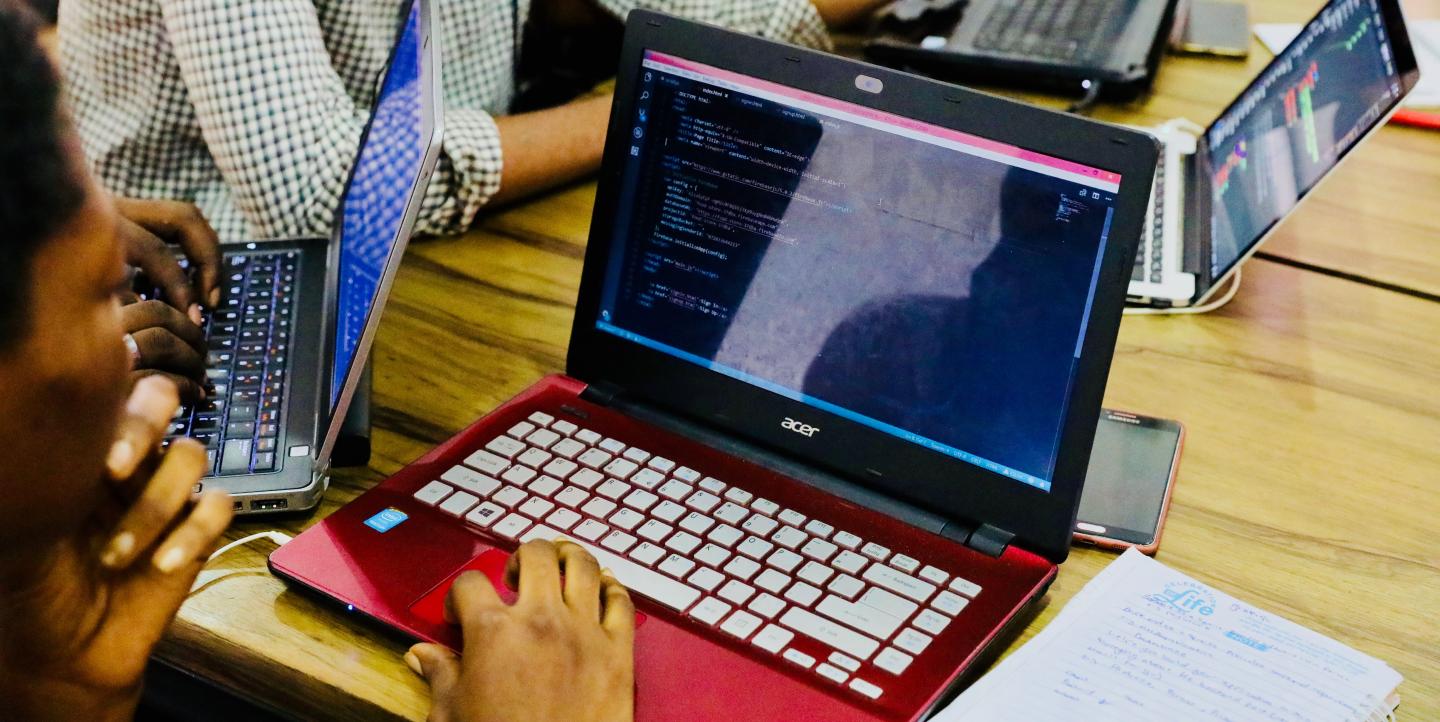In 2016, ProPublica launched Electionland. A year later, they rolled out Documenting Hate. The two large-scale collaborative reporting projects have mobilized newsrooms and journalists across the country to crowdsource information about voter access issues and hate crimes in the U.S. The results have been hard-hitting reports providing comprehensive coverage of these often under-covered issues.
Drawing on successes and lessons learned from these collaborations, ProPublica launched a new, free open-source collaborative reporting tool in September. Aptly called “Collaborate,” the tool enables large groups of journalists and researchers to work together strategically and efficiently to manage projects involving large sets of data.
“The philosophy behind the whole thing is to try to get newsrooms to work more together and give them a physical way to do that,” ProPublica’s partner manager for Documenting Hate, Rachel Glickhouse, told IJNet.
“Collaborate” enables users to mark up incoming data and tips with metadata, explained Ken Schwencke, a journalist and developer at ProPublica.
“It allows for the folks working in the database to signal activity to each other,” Schwencke said. “Like whether the report is credible, or whether someone is working on getting more information.”
Users can assign tasks to one another, add contact information about tipsters and provide updates about the information they’ve shared. They can also add tags to more easily sort through the data.
The tool is designed to work especially well for a project that relies on crowdsourcing to gather data and tips, in the same vein as Electionland and Documenting Hate. These projects have relied on Screendoor to receive data and reporters manually entering datasets, using coding skills.
With “Collaborate,” users will now be able to upload CSV files and different types of Google sheets, according to Glickhouse, making it easy to integrate with existing crowdsourcing processes — and eliminating the need for coding skills.
ProPublica built off the internal software they used for their previous collaborations, called “Landslide,” to develop “Collaborate.”
“‘Landslide’ was instrumental to all of this,” said Schwencke, who was the original tool’s architect. “It was built to ingest data from multiple sources and allow controlled access to reporters across the country, letting them search and filter for interesting tips and to let others using the system know that they were working on them.”
Schwencke built and customized “Landslide” to fit ProPublica’s specific needs for Electionland and Documenting Hate. The idea with “Collaborate” is that any newsroom or journalist — independent of ProPublica — will now be able to spearhead their own similar collaborative reporting efforts, or even internal projects.
“[For] newsrooms that more immediately have projects they’re working on internally that involve a number of reporters and editors, this could be very useful for in managing projects internally,” Glickhouse said. “We would love for newsrooms to collaborate together, but I think they can also use it just to collaborate between their colleagues as well.”
Glickhouse hopes “Collaborate” gains traction not just domestically, but internationally as well. Several newsrooms in Latin America and Europe have already expressed interest, she said.
The backend is available in English and Spanish, and the code can be found on GitHub. ProPublica also published a manual on how to use the software, as well as a collaborative data journalism guide, available in both languages. The companion guide offers tips and best practices for launching a collaborative reporting project and insights into the life cycle of such initiatives. ProPublica is also offering virtual trainings on how to use the tool and run crowd-powered, data-sharing projects.
“What we’ve done is standardized things and allowed folks to deploy their own [projects], which means inputting their own data sources and defining their own projects,” said Schwencke. “This will allow anyone to spin up their own Documenting Hate or Electionland-like project with their own data sources and gain the benefit of our hard-earned experience.”
Main image CC-licensed by Unsplash via NESA by Makers.


